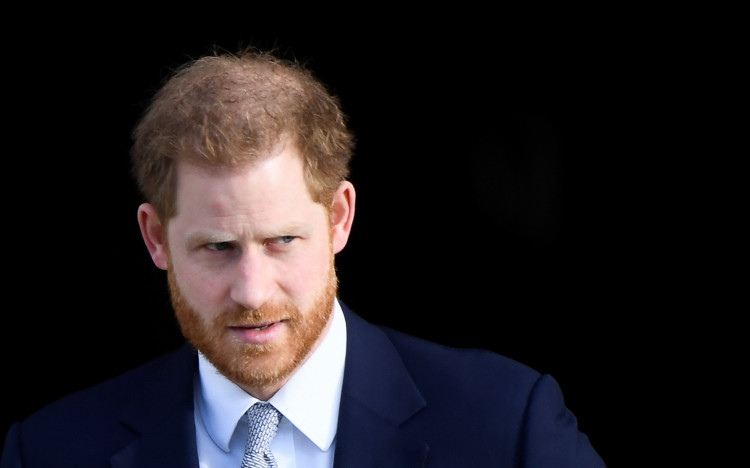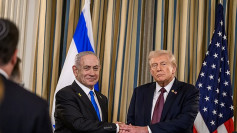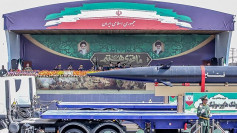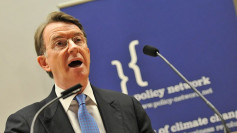Royal pundits have weighed in on Prince Harry's daring confrontation with the press, as he pursues a phone hacking lawsuit against Mirror Group Newspapers. While acknowledging the bravery of the Duke's stance, they question the prudence of his approach.
The American journalist and royal writer, Christopher Andersen, spoke to Fox News Digital about Prince Harry's courageous decision. "Harry's decision to take the stand is brave - that cannot be denied," he acknowledged. "But is it wise?"
Andersen, the author of "King," underscored the traditional media strategy of the British royal family, contrasting it sharply with Prince Harry's own approach. He explained that the monarchy, as a brand, must retain a functional relationship with British tabloids - an inevitable reality.
"The king is well aware, as his mother Queen Elizabeth II was, that though he may hold the throne, the press rules in perpetuity," he elaborated. Andersen suggested that a win for Prince Harry in this case would amount to a "pyrrhic victory at most," as the press isn't likely to be defeated so easily.
Echoing Andersen, British royal expert Hilary Forwich commented on Prince Harry's departure from the royals' customary "never complain, never explain" policy. She argued that Harry's ongoing legal struggle with the media and his willingness to make himself more visible could draw more attention to his private life.
According to Forwich, this case appears contrary to the royal ethos. "Prince Harry continues to both complain and wants everyone else to explain," she stated. "This is a no-win scenario for him. Barristers in England, comparable to American litigation attorneys, are skilled in cross-examination and effective interrogation strategies."
"The odds of him contradicting himself are high," Fordwich added. "As per his own admission in his recent autobiographical account, he characterised himself as a 'glacial learner.' This is in sharp contrast to a brilliantly educated barrister."
While these claims could not be independently confirmed by the International Business Times, they highlight the challenges Harry faces in his legal battle.
Prince Harry, during his testimony, referenced hurtful rumors about his paternity, suggesting James Hewitt, not King Charles, was his father. He conveyed how these rumors sparked feelings of suspicion and were deeply hurtful. "They were hurtful, mean and cruel," he confessed. "I was always left questioning the motives behind the stories. Were the newspapers keen to put doubt into the minds of the public so I might be ousted from the royal family?"






